Inflation rose to 9.1 per cent on the year in May, taking the UK’s consumer price index to a 40-year-high. Optimists are noting the slowdown in pace, rising by 0.1 per cent between April and May. But I suspect we are in the eye of the storm. This price spiral is nowhere close to over, not least because the next energy price cap review is currently estimated to lift bills by an additional £1,000.
The Bank of England’s latest forecast predicts inflation will peak at around 11 per cent, but it must be said that the Bank has consistently underestimated the inflation rate, playing catch-up with its forecasts, as well as its rates policy. Today’s figures will further convince the Bank that its snail’s pace interest rate hikes to combat inflation are still the right way to go, making it increasingly likely that the next meeting of the monetary policy committee will see rates go up again by a relatively meagre 0.25 per cent.
But while we’re used to central bankers rightfully taking the hit for failing to gauge inflation properly, focus is starting to shift to the government, as overtly political decisions are creating winners and losers in this inflation crisis. Yesterday it was announced that the ‘triple lock’ on state pensions will return next year, which means the value of the state pension is about to skyrocket. Under the policy, the value of the state pension rises by the rate of inflation, wage growth or 2.5 per cent, whichever is highest. There’s no doubt which variable will take the cake. The decision is based on September’s CPI forecasts, which could be when inflation is nearing a double-digit peak. This means as working people’s salary rises fall behind the pace of inflation, pensioners will storm ahead with an estimated 10 per cent rise to their state pension, a huge boost to their purchasing power in this high-price economy.
The triple lock was suspended during Covid, on the grounds that hiking the state pension using skyrocketing inflation figures was an unfair measure, especially what younger generations had just gone through – in many cases losing their jobs, and in nearly all cases missing out on major life events, in a bid to protect older, more vulnerable people from the pandemic. Now, the lock is being reinstated, despite the only meaningful change to circumstances being that inflation is significantly higher, set to further widen the gap between pensioners and workers.
Inflation tends to help the assetocracy, which owns their home and sees the value of their assets go up over time. In the UK, the chronic under-supply of homes meant that throughout post-crash years these people tended to be older, or the beneficiaries of parents and grandparents with deposits to spare. By protecting (in full) the value of the state pension too, the government is positioning itself as the defender of the gerontocracy against the younger generations, who have more or less been told there’s very little the government can do to help curb inflation.
And it’s getting tricky to defend. This morning the deputy prime minister Dominic Raab suggested it was reasonable to hike the state pensions by 10 per cent while simultaneously telling workers not to ask for a pay rise, as this was consistent with the idea of ‘protecting the most vulnerable’. Low-wage workers who are struggling to pay the bills are likely to take issue with this narrow definition of ‘vulnerable’. But more broadly, reinstating the triple lock is estimated to cost north of £20 billion, almost quadruple what the new National Insurance tax is estimated to bring in.
Suspending the triple lock last year offered the perfect opportunity to scrap the policy altogether. Instead, it’s being ushered back in at a time when workers are being squeezed with a tax burden hovering at a 70-year-high. It will do nothing to reassure most folk that No. 10’s inflation policies are designed to best protect them from rising prices. Instead, it will solidify further the belief that public policy, on the most important of issues, is crafted with voter blocs in mind.
Got something to add? Join the discussion and comment below.
Get 10 issues for just $10
Subscribe to The Spectator Australia today for the next 10 magazine issues, plus full online access, for just $10.


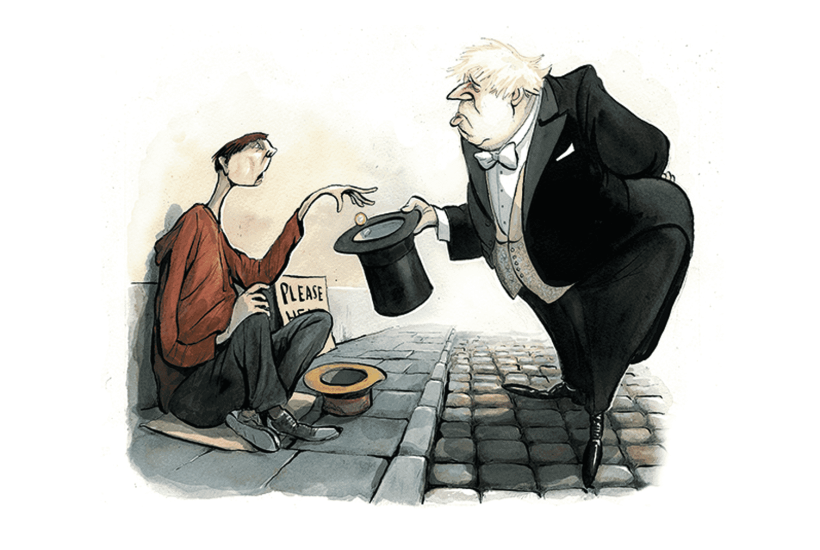
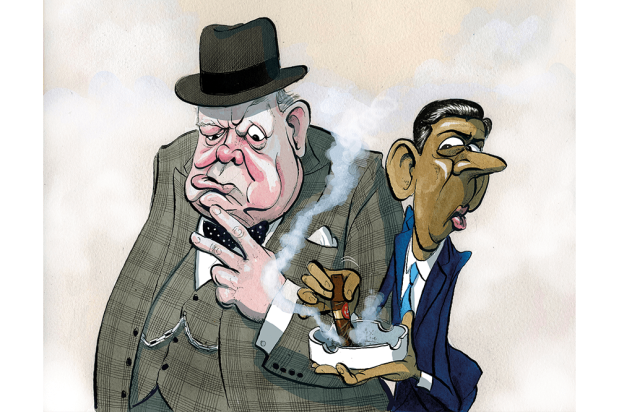
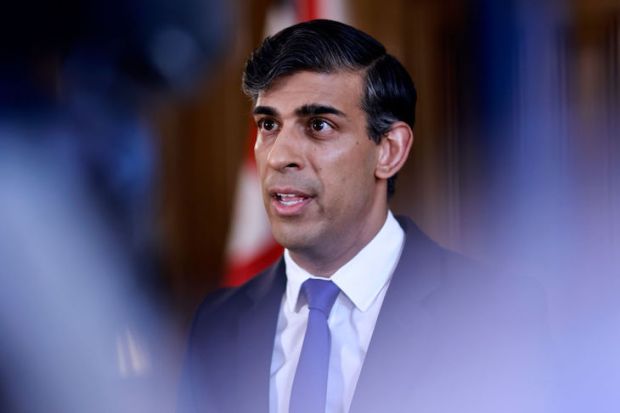

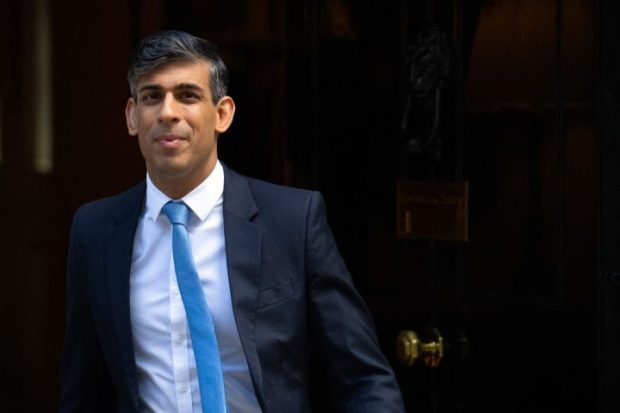
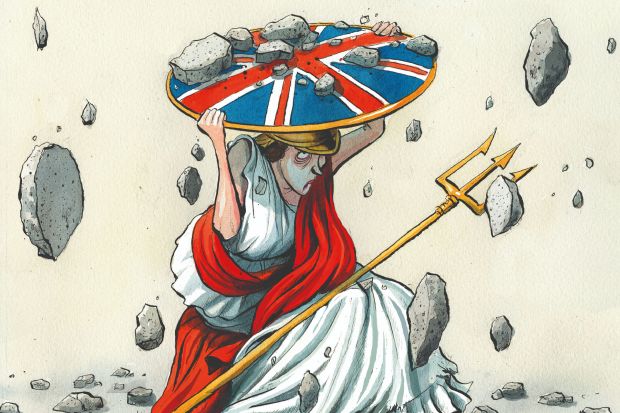
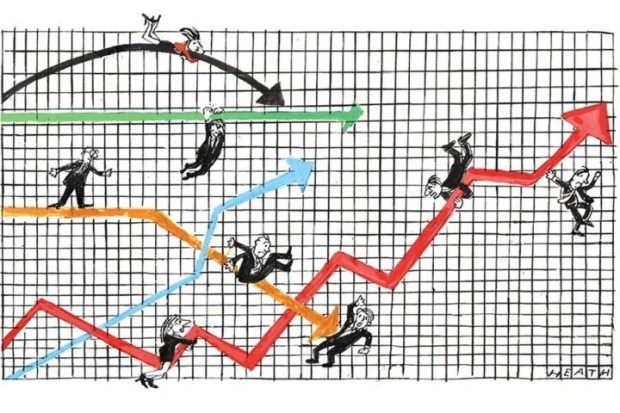












Comments
Don't miss out
Join the conversation with other Spectator Australia readers. Subscribe to leave a comment.
SUBSCRIBEAlready a subscriber? Log in